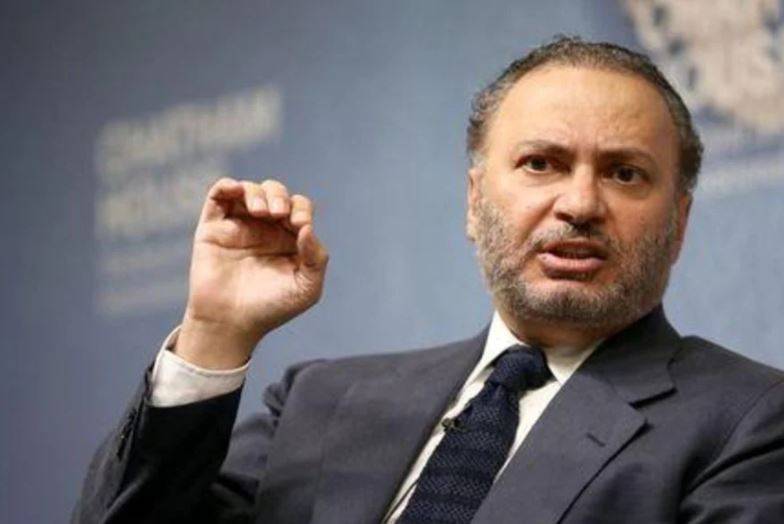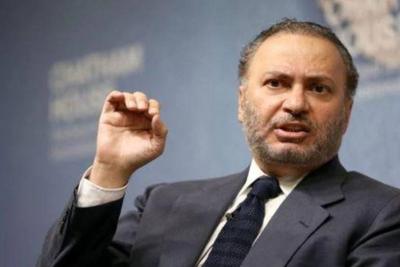Anwar Gargash, the diplomatic advisor to the UAE President, stated that the UAE is trying to manage the long-standing competition with Iran and Turkey through dialogue to avoid any new confrontations in the region while focusing on its economy in the post-COVID-19 phase. Gargash mentioned at a conference on Saturday that there is uncertainty regarding the extent of the United States' commitment to the region and concerns about an "imminent cold war" between Washington and Beijing. The Gulf states, which have close economic ties with China, also rely heavily on the American military umbrella and are closely monitoring ongoing talks between global powers and Iran to revive the 2015 nuclear agreement, in addition to the return of the Islamic Taliban to power in Afghanistan following the American withdrawal.
Gargash said, "We will see in the coming period the reality of what will happen regarding the American presence in the region. I don't think we know yet, but Afghanistan was certainly a test, and frankly, it was a very concerning test." He added at the Global Policy Conference, "Part of what we need to do is manage our region better. There is a vacuum, and whenever there is a vacuum, problems arise."
The UAE has sought to ease tensions by engaging with Iran and Turkey, which have moved to counter its influence in conflicts in Libya, Yemen, and other areas in the region. The UAE and Saudi Arabia believe that the 2015 nuclear agreement with Iran was flawed as it did not address Iran's missile program and its network of proxies in the region. The UAE has also taken steps to counter Islamist groups like the Muslim Brotherhood, which Gulf states view as a threat to their regimes.
Gargash remarked, "Turkey's recent reconsideration of its policies toward Egypt, the Muslim Brotherhood, Saudi Arabia, and others is very welcome. I think it’s essential that we meet halfway and communicate." He added, "The Turks have been very positive about what we are telling them... But am I very confident regarding communication with Iran? Yes. Am I confident that Iran will change its regional course? I have to say I would be more realistic here, but I bet Iran is also concerned about the vacuum and escalation."
Gargash indicated that the COVID-19 pandemic has prioritized non-political issues at the forefront and that the real concern now is facing the ramifications of the conflict between the United States and China. He concluded, "We are all very concerned about an impending cold war. This is bad news for all of us because the notion of choice is problematic in the international system, and I believe it will not be easy."




